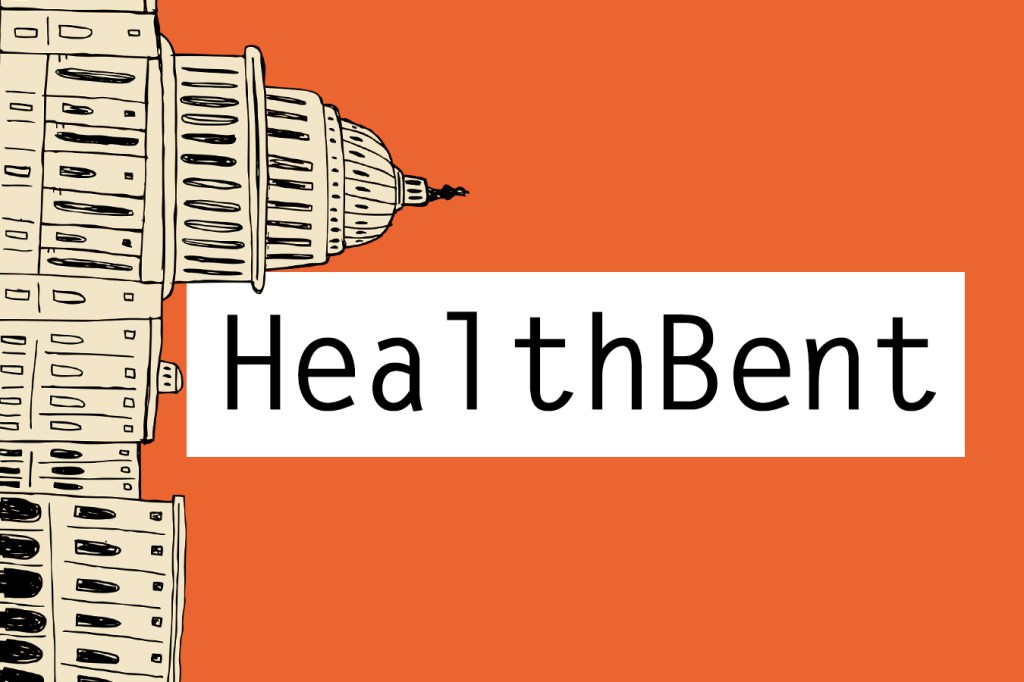President Donald Trump’s “One Big Beautiful” budget reconciliation bill aims to enact significant changes in health policy, primarily targeting Medicaid and Affordable Care Act (ACA) plans. This move could have widespread effects across the healthcare system. The use of the budget reconciliation process, which allows legislation to pass with a simple majority of 51 votes in the Senate instead of the usual 60, has historically been a tool for expanding health coverage. However, the current Republican strategy to use it for constricting coverage is unusual.
Since the 1980s, nearly every major piece of health legislation has passed through Congress using reconciliation. This includes the Consolidated Omnibus Budget Reconciliation Act of 1985, commonly known as COBRA, which allows individuals to continue employer-provided insurance after leaving a job. Another significant provision from COBRA is the Emergency Medical Treatment and Active Labor Act, mandating hospitals to treat or transfer emergency patients regardless of insurance status.
The Role of Reconciliation in Health Policy
Reconciliation is a legislative process designed to adjust mandatory spending and tax policies to align with the annual budget resolution set by Congress. This process is primarily used for mandatory programs like Medicare and Medicaid, which are among the largest federal expenditures. Notably, reconciliation bills cannot alter Social Security due to political constraints.
This year, the GOP’s reconciliation efforts are focused on renewing Trump’s expiring tax cuts, which predominantly benefit wealthier Americans, and increasing military and border security funding. Health policy often plays a central role in reconciliation, typically involving reductions in Medicare payments to healthcare providers.
Historical Use of Reconciliation for Health Expansion
Throughout the 1980s and 1990s, Democrats frequently used reconciliation to expand Medicaid eligibility, often reallocating funds cut from Medicare. For example, for every $5 cut from Medicare, approximately $1 was redirected to extend Medicaid to more low-income individuals. This strategic use of reconciliation has historically facilitated the creation of numerous health programs that have expanded coverage.
The 1989 reconciliation bill introduced a new payment system for Medicare doctors and established the Agency for Healthcare Research and Quality. Children’s health initiatives have also benefited, with Medicaid expansions based on family income and the creation of the Vaccines for Children program in 1993, ensuring vaccine affordability for uninsured children. The 1997 reconciliation bill further established the Children’s Health Insurance Program, now covering over 7 million children.
Implications of the GOP’s Current Strategy
The GOP’s current approach represents a significant departure from the traditional use of reconciliation to expand health coverage. By focusing on cutting Medicaid, the bill could reduce access to healthcare for millions of low-income Americans. This shift could have profound implications for the healthcare landscape, particularly for vulnerable populations who rely on Medicaid for essential services.
Experts warn that such cuts could lead to increased healthcare costs in the long term, as individuals without coverage may delay necessary care until it becomes an emergency, ultimately burdening the healthcare system. Additionally, the move could exacerbate existing disparities in healthcare access and outcomes, particularly among marginalized communities.
Looking Ahead: Potential Consequences and Reactions
The proposed changes have sparked significant debate among policymakers, healthcare providers, and advocacy groups. Critics argue that the bill prioritizes tax cuts for the wealthy over the health needs of low-income Americans. Meanwhile, supporters claim that the cuts are necessary to address fiscal challenges and ensure the sustainability of federal health programs.
As the reconciliation bill progresses through Congress, its potential impact on the healthcare system will continue to be a focal point of national discussion. The outcome of this legislative effort could set a precedent for future health policy decisions and shape the direction of U.S. healthcare for years to come.
KFF Health News, a national newsroom dedicated to in-depth journalism on health issues, continues to provide comprehensive coverage and analysis of these developments. As the situation evolves, stakeholders across the healthcare spectrum will be closely monitoring the implications of the GOP’s unprecedented use of reconciliation to cut Medicaid.
